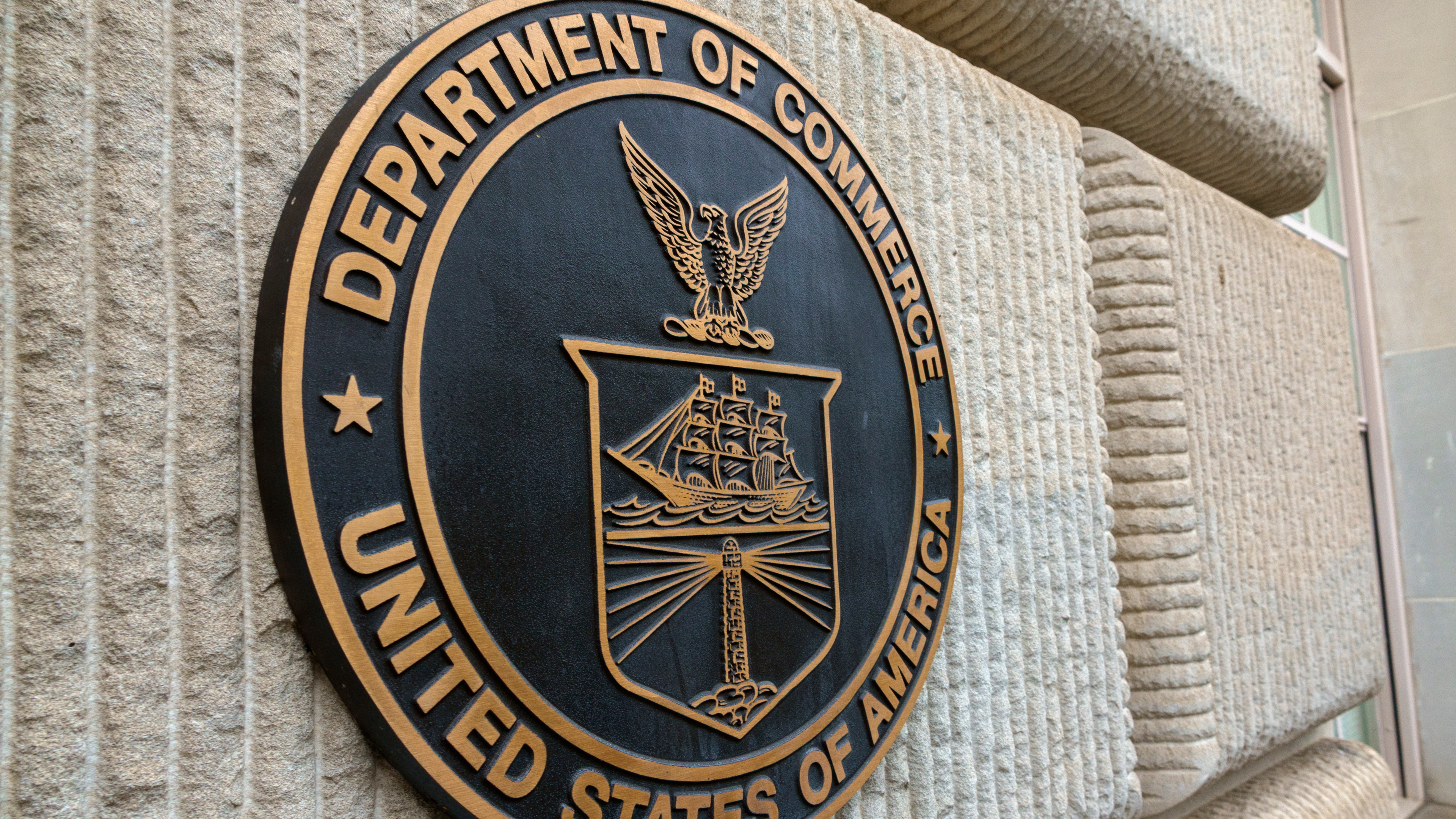
The US tech sector may soon be facing a significant regulatory shift, as recent reports indicate that the Trump administration is considering tariffs on technology companies that do not maintain an equal balance between imported and domestically-sourced semiconductor chips.
According to a Wall Street Journal report, Commerce Secretary Howard Lutnick has floated this proposal among executives within the semiconductor industry. The goal of such a mandate would be to boost local chip manufacturing and reduce dependency on foreign supply chains.
For instance, take Nvidia, which primarily relies on foreign manufacturers like TSMC in Taiwan for graphics processing units (GPUs) while also obtaining components from companies based in China. Under these new regulations, Nvidia and similar firms would need to drastically adjust their sourcing strategies to comply.
The exact nature of the tariffs, including potential rates, remains unclear. However, the government may provide a grace period for tech companies to prepare their manufacturing capabilities domestically. While there are potential benefits in terms of national security and economic self-sufficiency, the financial impact on companies struggling with slim profit margins could be steep, and industry leaders have expressed concerns over the feasibility of these requirements.
This developing situation highlights the ongoing tension in global tech industry relations, particularly with countries like China and Taiwan, and raises questions about how the US semiconductor landscape will evolve in response to these potential changes.
 Image
Image
(Image credit: Kevin Carter via Getty Images)
